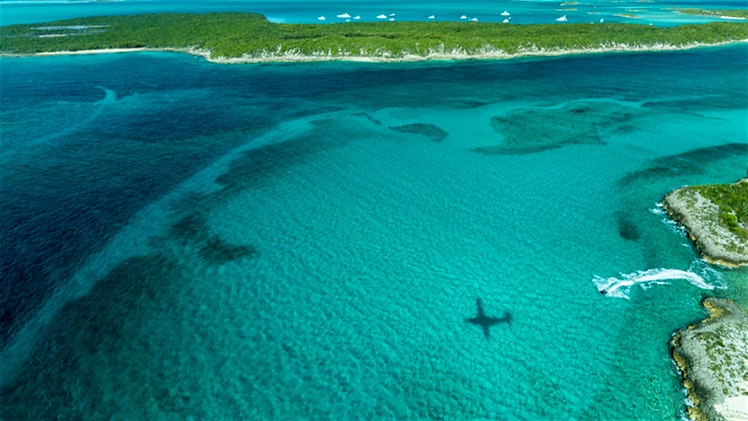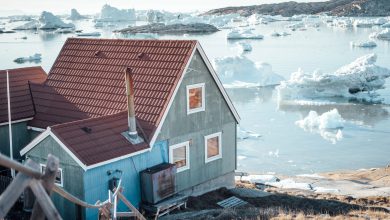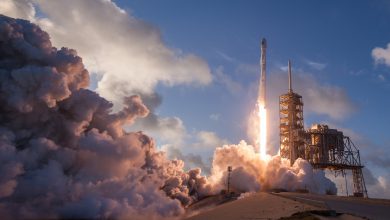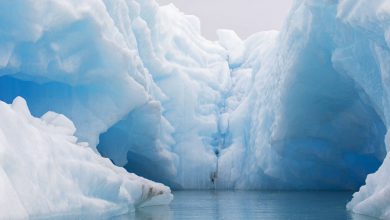EuropeImperialismOngoing
The Bahamas: Royal Pawn of British Descent
The current spotlight on The Bahamas is in the wake of superstorm Hurricane Dorian. Other than being an island paradise, what can Bahamian history teach us about colonialism?

In terms of the Caribbean, The Bahamas gained independence from colonial Britain fairly recently – 1973 to be exact. In the years since their independent presence on the world stage, the nation has been known for its beautiful tourist destinations, superb Caribbean diving and most recently money laundering.
What exactly is the history of the archipelago?
Back in 1492, Columbus Sailed the Ocean Blue
And that year was the first recorded history of the existence of The Bahamas.
As we now know, the remnants of the Columbus explorations were not the first inhabitants of the island – instead, native Bahamians were Lucayans, a subsect of the Taino people originating from mainland South America, closely related to indigenous communities found in Puerto Rico and Hispaniola.
Since the European colonization of the Caribbean in the early 1500’s, the Bahamas were originally considered to be part of Spanish territory. Columbus visited several Bahamian islands before proceeding to what is present-day Cuba and Hispaniola.
Historians were once adamant that The Bahamas were not colonized until the 17th century. More recent findings suggest that there were colonization attempts by France, Spain, Britain and The Netherlands throughout the Archipelago.
The territory had little use to the Spanish besides slavery, and officially ceded The Bahamas to the British in 1783 in exchange for parts of eastern Florida.
The Bahamas Under The British
In the age of ships to the new world, the Bahamas became a lucrative location for salvaging shipwrecks – and later famous for pirates.
At least 20 pirate captains used Nassau and other large islands as their home base, and settler families from Europe moved to Eleuthera and Abaco to escape harassment. The activity of pirates in the Caribbean often provoked retaliatory attacks by the French and Spanish.
In 1713, British elite formed a company to fund a venture to suppress pirates and establish the territory as a British colony. By 1717, King George appointed Woodes Rogers, one of the founding venturers, as governor of the Bahamas, and issued a proclamation granting pardon to any pirate surrendering to a British governor within the year.
With their proximity to America, The Bahamas experienced an influx of newly-emancipated slaves. The entire Caribbean – Bahamas included – inherited the rigid social stratification reinforced by unequal distributions of wealth and power.
During the great World Wars, Bahamian nationals served alongside British Royal Forces. In World War II, Allies forces centered flight training and antisubmarine operations in the Bahamas.
Money (Laundering) and Tourism: Island-style
Freeport was established as a free-trade zone in 1951. The growth of mass tourism to The Bahamas sparked in the 1960’s after the US government’s embargo of Cuba.
During the postwar period, these two elements combined with bank secrecy and lack of corporate and income taxes led to an unprecedented growth of the offshore financial sector.
While offshore money laundering in the Caribbean was generally granted the pardon of a blind eye from international regulatory authorities, the Panama Papers leaks of 2016 fingered The Bahamas as a major player in international tax evasion schemes.
This did not bode well for the Island-nation, as the data exposed over 175,000 trusts and shell companies established there between 1990 and 2016, showing several current and former heads of state and government and high-ranking politicians as owners.
Today, The Bahamas is one of the most prosperous Caribbean nations. While tourism continues to grow, the country will take the necessary steps to ensure their critical infrastructure – political, economic, environmental or otherwise.




